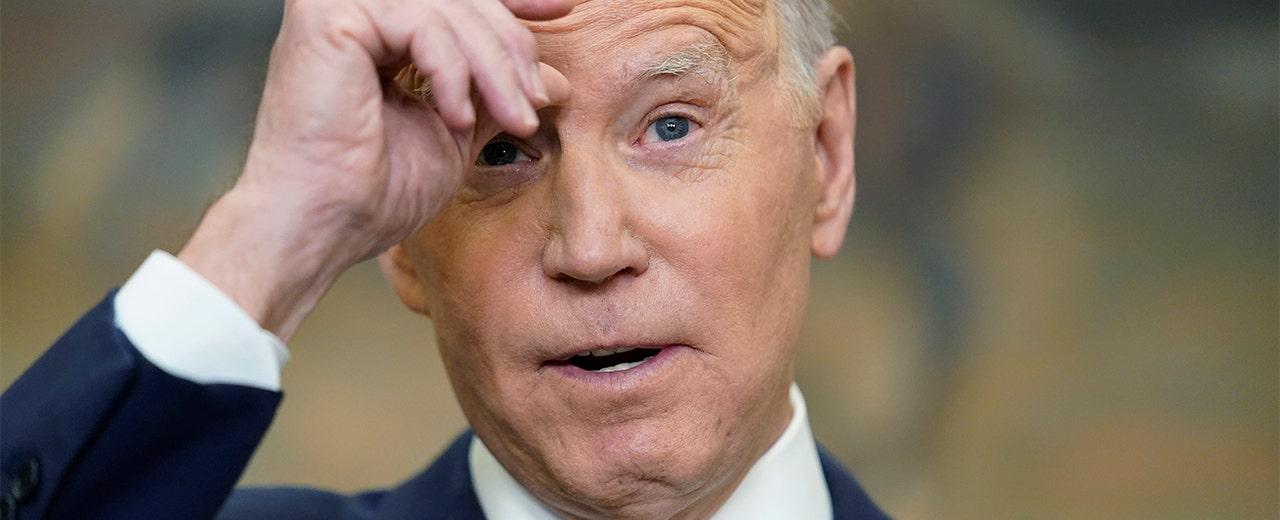Biden broke our welfare system. He needs to stop paying people for not working

As the COVID-19 pandemic continues to wreak havoc on the US economy, President Joe Biden’s stimulus package has been both lauded and criticized. Some say his measures are crucial to keep millions from financial ruin, while others are skeptical and believe it’s doing more harm than good. A recent article published in the Wall Street Journal has deepened the debate, claiming that the President is breaking the welfare system by paying people not to work.
According to the article, the extra $300 weekly unemployment benefit that Biden has extended through September 6th is discouraging people from returning to work. In particular, businesses in the hospitality industry are struggling to find workers, despite vacancies being created by layoffs and furloughs during the pandemic. Small business owners in these industries often do not have the margins to compete with government aid, and the stimulus packages could put their companies in jeopardy.
Giving people prompt relief during an unexpected crisis is entirely reasonable, but the article’s author argues that Biden’s policies not only discourage people from returning to work but also have other negative effects. In addition, many are reaping more benefits through unemployment than they would be working, which is completely shattering the incentives of the welfare system. The article cites an example of Georgia, where one woman was making over $16,000 a year by staying on Medicaid and turning down high-paying job offers.
It’s an interesting article that highlights the impact of Biden’s stimulus package and raises broader questions about the long-term effects of pandemic relief measures. While some argue that the relief payments provide “a bridge over troubled water” during the virus outbreak, others fear they will foster long-term economic damage that will cost far more in the long run.
Quick Links

